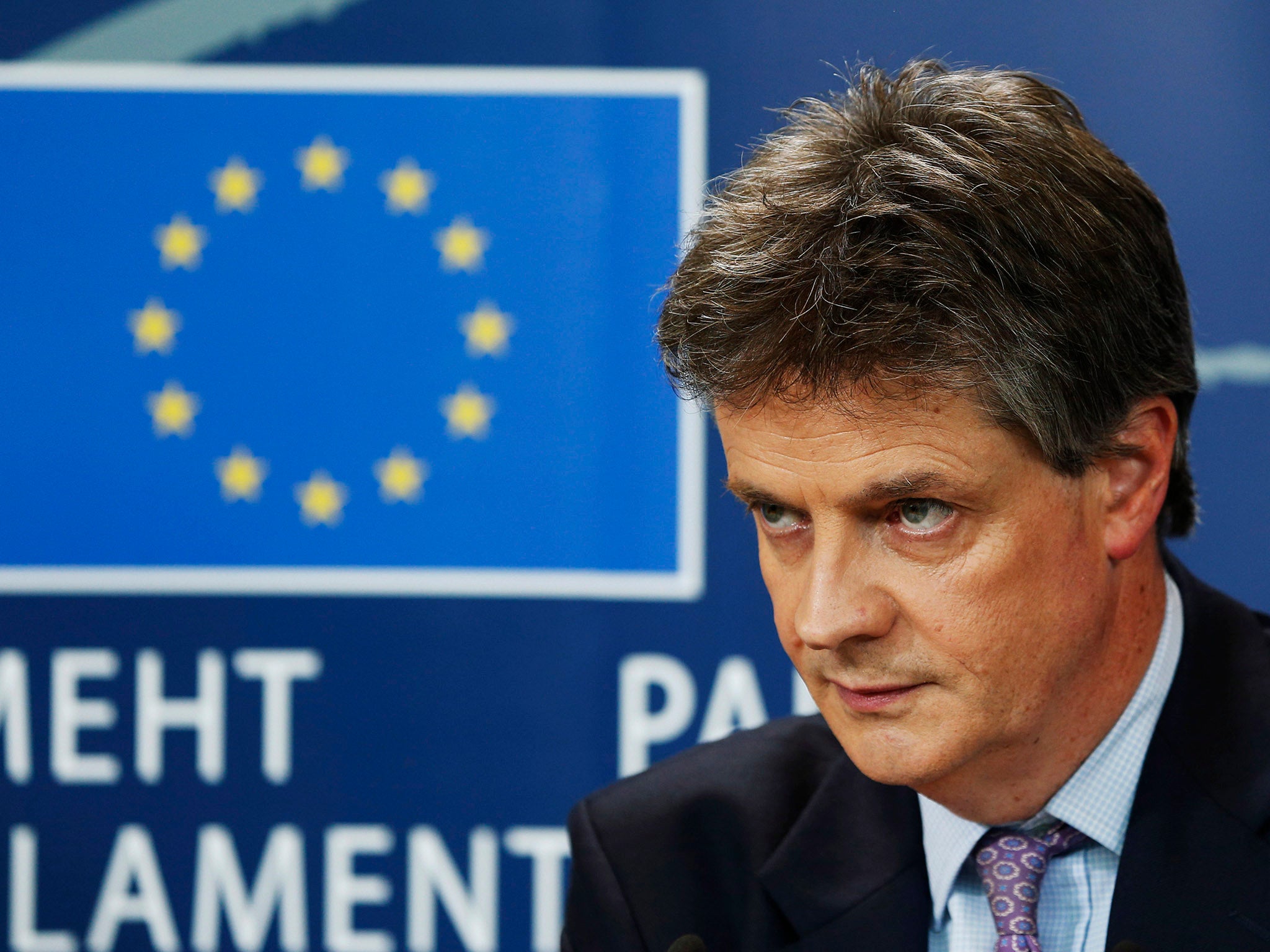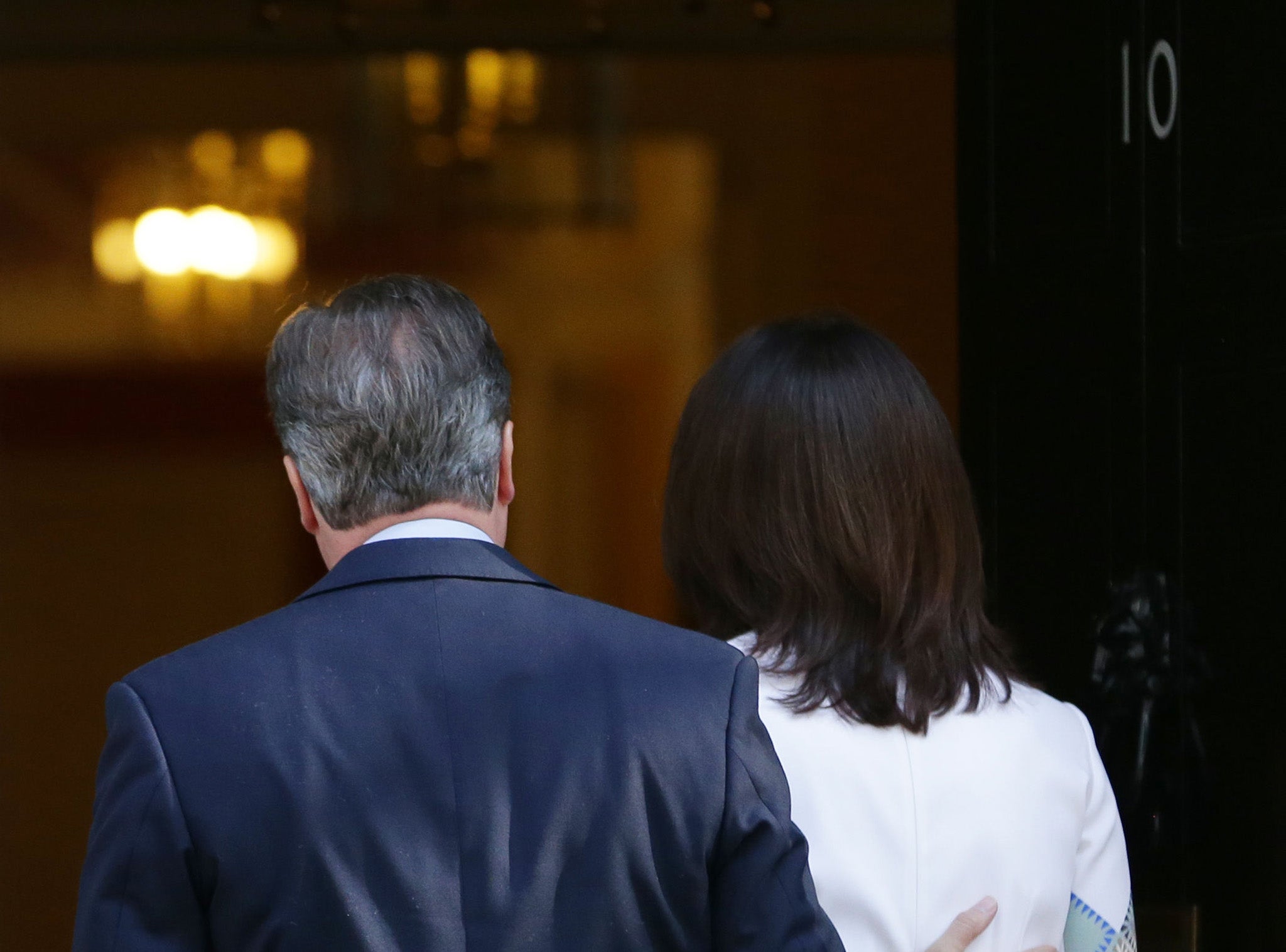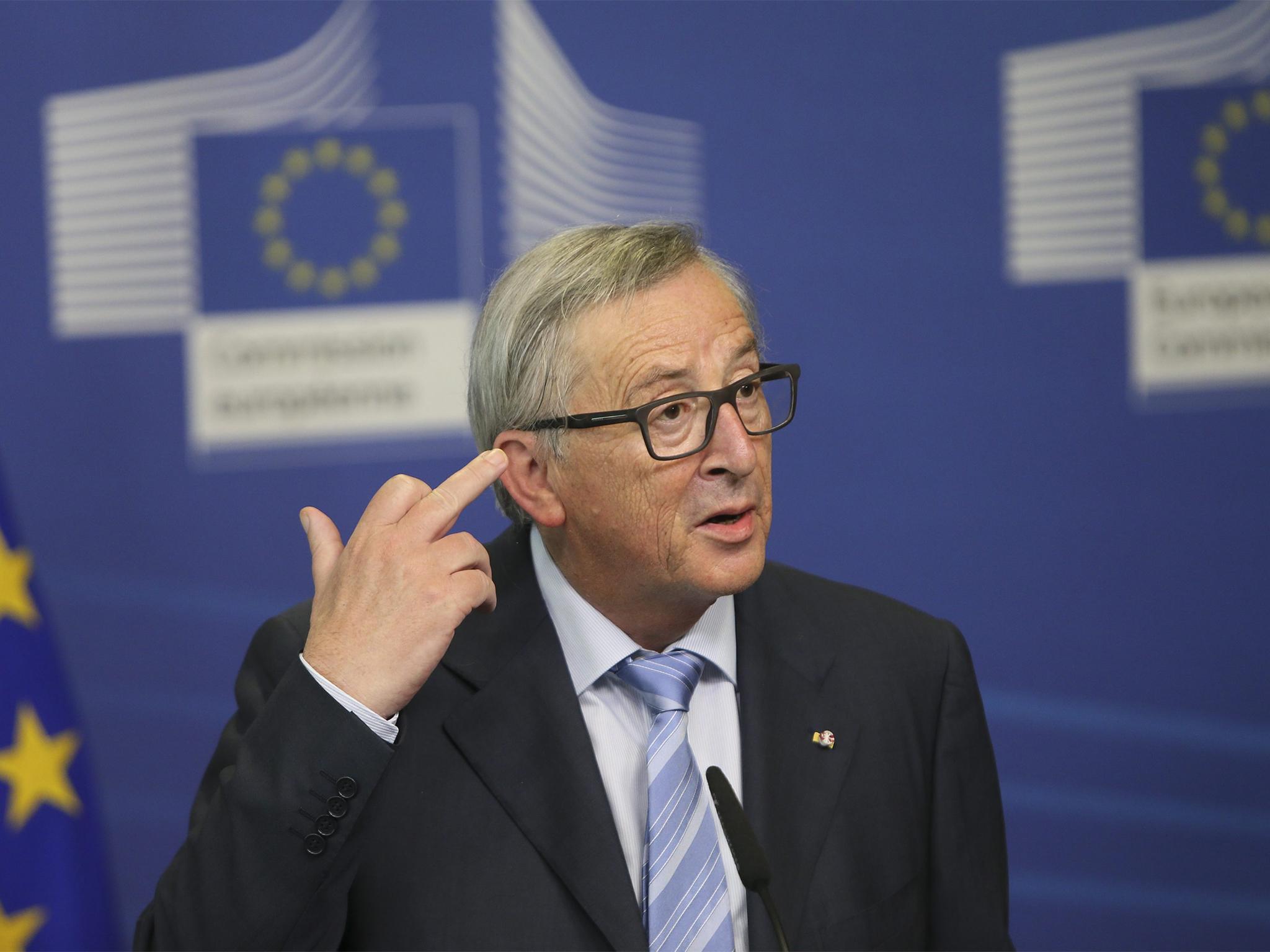Lord Hill resigns as UK's European Commissioner following Brexit vote
UK’s most senior diplomat in Brussels says, ‘What is done cannot be undone’

Britain's European Union Commissioner Jonathan Hill has resigned from his position, following the UK's vote to leave the trading bloc.
Lord Hill, the UK’s most senior diplomat in Brussels, was appointed to the position by David Cameron in 2014 and was in charge of financial services across the bloc.
The peer's portfolio will now be transferred to Latvia's Commissioner, Valdis Dombrovskis.
In a resignation statement, Lord Hill said: “I came to Brussels as someone who had campaigned against Britain joining the euro and who was sceptical about Europe. I will leave it certain that, despite its frustrations, our membership was good for our place in the world and good for our economy.
"But what is done cannot be undone and now we have to get on with making our new relationship with Europe work as well as possible.
"As we move to a new phase, I don’t believe it is right that I should carry on as the British Commissioner as though nothing had happened. In line with what I discussed with the president of the commission some weeks ago, I have therefore told him that I shall stand down. At the same time, there needs to be an orderly handover, so I have said I will work with him to make sure that happens in the weeks ahead.
"I am very grateful to Jean-Claude Juncker for giving me the chance to work on financial services, and for the opportunity to help support jobs and growth in Europe. I was also glad to have worked with other commissioners in trying to take forward our programme of reform, and to have had the chance to work with excellent officials at DG FISMA and in my own team.

Jean-Claude Juncker, the European Commission President, said the peer's appointment had been a signal of confidence in Britain's financial services sector and its importance to the EU.
"It is with great regret that I have accepted Lord Hill's decision to resign from the European Commission. Lord Hill is an experienced politician for whom I have great respect, and I want to sincerely thank him for his loyal and professional work as a member of my team," he said.
"At the beginning of this commission's mandate, I wanted the British Commissioner to be in charge of financial services, as a sign of my confidence in the United Kingdom's membership of the European Union.
"To my great regret, this situation is now changing. I have tried to convince Lord Hill to stay on as Commissioner. I consider him to be a true European and not just the British Commissioner. However, I understand his decision and I respect it."
Under EU Treaties, each Member State has one commissioner around the bloc's top table. Despite Brexit, Mr Juncker said he was ready to appoint a new UK Commissioner on a temporary basis.
A European Commission spokesperson said: "Under the EU Treaties, there should be one commissioner per Member State in the commission. President Juncker stands ready to discuss swiftly with the British Prime Minister potential names for a commissioner of UK nationality, as well as the allocation of a possible portfolio."
It is not yet clear whether David Cameron will choose Lord Hill's replacement, or whether the choice will fall to his eventual successor.

The best-known story from Lord Hill’s political career is that during a cabinet reshuffle in July 2012, he went into David Cameron’s office to hand in his resignation from the government, but the Prime Minister, who was having a difficult day, did not hear him properly, and so he accidentally stayed in the post. Lord Hill has claimed the story, which gained wide currency, is not quite true.
Though unknown to the general public, Lord Hill was well known in political circles as a pro-EU Tory. He joined the Conservative Research Department in 1985, and a year later, aged 26, was hired as a special adviser by Kenneth Clarke, the most pro-EU member of Margaret Thatcher’s cabinet. He worked with Mr Clarke for three years, before switching careers to become a professional lobbyist.
When John Major was Prime Minister, Mr Hill was persuaded to return to Number 10, first as a researcher in the policy unit, and later as head of the Prime Minister’s political office. He was at John Major’s side during the fraught negotiations in Europe in the run up to the 1992 Maastricht Treaty, when Mr Major successfully secured a British opt out, which meant the country retained sterling when other EU states combined to introduce the euro.
After 1994, Mr Hill returned to professional lobbying for 16 years, until he was created a life peer, as Baron Hill of Oareford, by David Cameron, and appointed a junior education minister. In 2013, he was promoted to the post of Conservative leader in the House of Lords.
His appointment as Britain’s European Commissioner in September 2014 was greeted with some surprise because he was so little known. It was reputed that better-known figures had turned the job down, and that Prime Minister Cameron did not want to appoint a sitting MP because to do so would trigger a by-election.
Join our commenting forum
Join thought-provoking conversations, follow other Independent readers and see their replies
0Comments